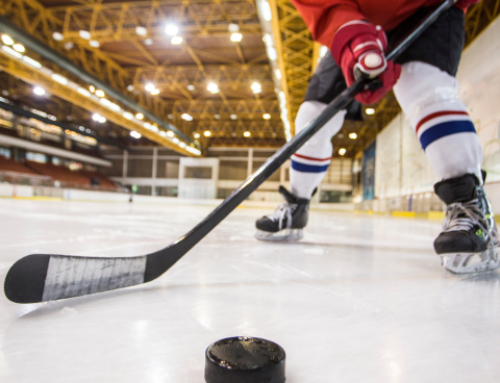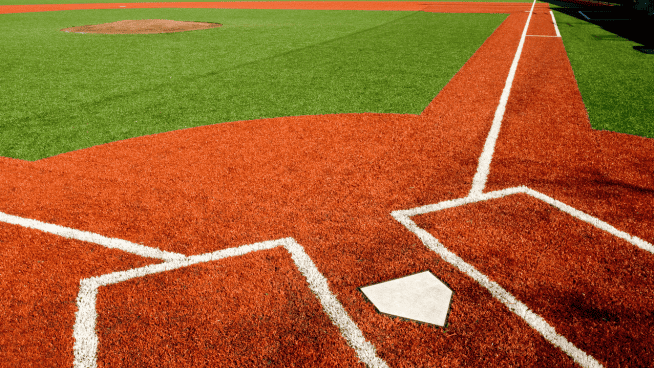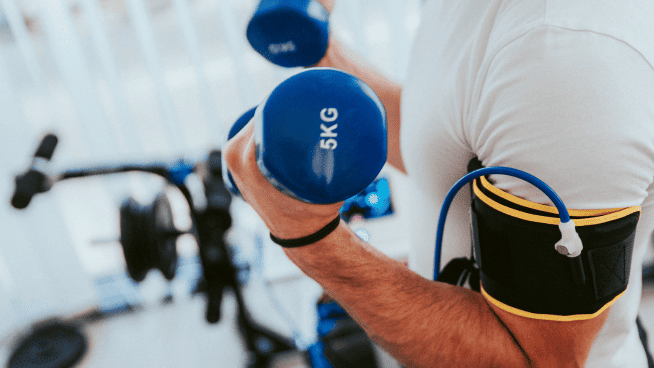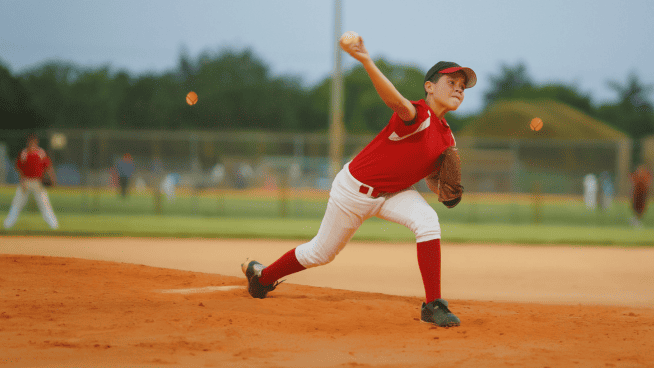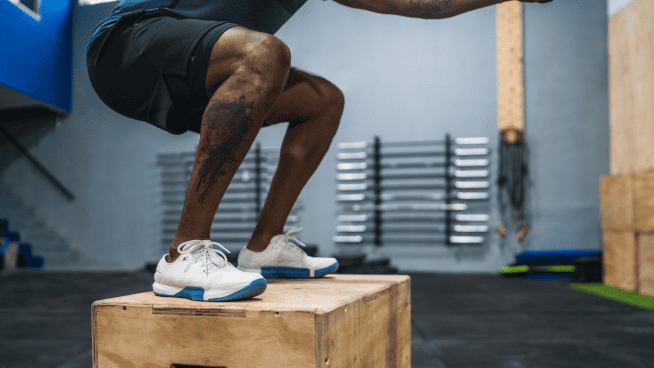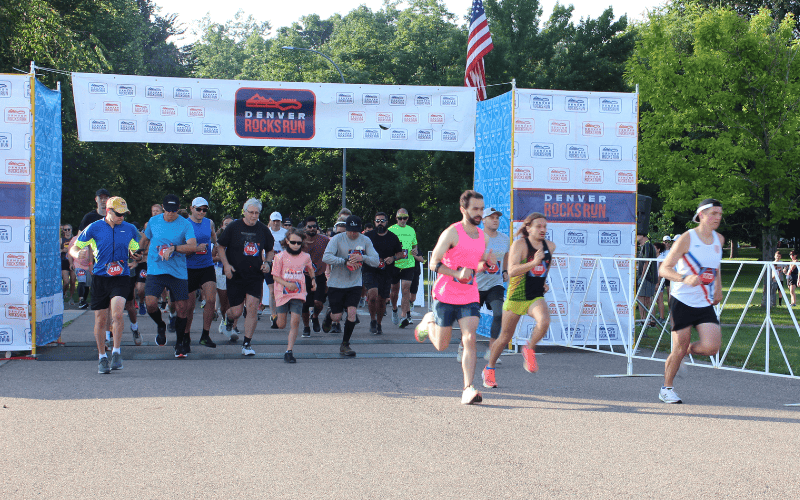5 Ways Alcohol Undermines Your Workout
![]()
Editor’s note: This article discusses the negative effects of alcohol consumption on athletes. If you are under the legal drinking age, you shouldn’t drink alcohol under any circumstances.
Alcohol ruins workouts. Even a single drink can make a difference. What’s more significant is the number of high school and college athletes who expose themselves to parties and social gatherings where alcohol is a big part of the action.
Faced with this temptation, athletes often ask me how drinking may affect their performance. As a health and fitness professional, I will never approve of athletes drinking. I often tell the athletes with whom I work that it is their decision and their life, but they should be armed with knowledge first. With this in mind, let’s explore how alcohol consumption can affect athletic training and performance.
RELATED: How Drinking Alcohol Ruins Muscle Growth
Negatively Affects Muscle Building
Drinking alcohol has been shown to negatively affect the body’s ability to recover, repair and build muscle. Drinking alcohol is one of the worst things an athlete can do if his or her goal is to build lean muscle mass and recover after strenuous training sessions. Alcohol is a nutrient like any other; it will be metabolized before carbohydrates, proteins and fats, all of which the body needs for recovery and repair. Since the alcohol is metabolized first, it robs your body of key nutrients that could be used to build muscle.
RELATED: Why Athletes Shouldn’t Drink Alcohol
Interferes with Restorative Sleep
Consuming alcohol may make you feel sleepy, but this doesn’t mean you are in store for some deep restorative sleep. Rapid Eye Movement (REM) sleep is needed for the body to repair and recover from strenuous training sessions, competitions and other stressful events. REM sleep also helps athletes consolidate movement patterns and techniques, and commit key pieces of information to memory. Alcohol interrupts this process and limits the REM sleep cycle. As a result, all of that extra skills practice or film study may have been for nothing come game time.
Lowers Testosterone Levels
Most athletes have heard testosterone commonly referred to as a male hormone, because males naturally produce more of it. Testosterone is a hormone circulating in the body that is important for muscle growth and repair. Low levels of it are associated with reductions in muscle mass and muscle recovery. Having alcohol in your body can trigger a vast array of chemical processes, including the release of toxins in your liver that attack testosterone. Frequent drinkers may have significantly lower testosterone levels and higher estrogen levels as well. Neither of these outcomes is good news for athletes looking to improve their performance.
RELATED: How Alcohol Can Sabotage Your Athletic Dreams
Raises Production of Cortisol
Cortisol is the body’s stress hormone. It can have a host of negative effects on the body when the elevation is too high or released at the wrong time, including impaired thinking, increased blood pressure, decreased bone density, decreased muscle tissue, and increased fat storage. Therefore, athletes who continually drink subject their bodies to the many negative effects of elevated cortisol levels.
Impairs Reaction Times
Alcohol is metabolized by the body at a relatively slow rate (approximately 1 hour per drink). The effects of drinking linger even longer by the compounding factors of becoming dehydrated, disrupting muscle building and recovery, disrupting sleep cycles, and affecting testosterone levels. These effects impair your performance long after all the alcohol has been metabolized, as studies have shown that performance reduction can last up to 60 hours.
As you can see, alcohol consumption can be responsible for many negative effects on the body. These effects may not be overly concerning to the average person, but for the high-performance athlete, they will hold you further away from achieving any performance goals that you may have. It should be noted that many of these effects can be minimized by practicing moderation when consuming alcohol.
[cf]skyword_tracking_tag[/cf]RECOMMENDED FOR YOU
MOST POPULAR
5 Ways Alcohol Undermines Your Workout
![]()
Editor’s note: This article discusses the negative effects of alcohol consumption on athletes. If you are under the legal drinking age, you shouldn’t drink alcohol under any circumstances.
Alcohol ruins workouts. Even a single drink can make a difference. What’s more significant is the number of high school and college athletes who expose themselves to parties and social gatherings where alcohol is a big part of the action.
Faced with this temptation, athletes often ask me how drinking may affect their performance. As a health and fitness professional, I will never approve of athletes drinking. I often tell the athletes with whom I work that it is their decision and their life, but they should be armed with knowledge first. With this in mind, let’s explore how alcohol consumption can affect athletic training and performance.
RELATED: How Drinking Alcohol Ruins Muscle Growth
Negatively Affects Muscle Building
Drinking alcohol has been shown to negatively affect the body’s ability to recover, repair and build muscle. Drinking alcohol is one of the worst things an athlete can do if his or her goal is to build lean muscle mass and recover after strenuous training sessions. Alcohol is a nutrient like any other; it will be metabolized before carbohydrates, proteins and fats, all of which the body needs for recovery and repair. Since the alcohol is metabolized first, it robs your body of key nutrients that could be used to build muscle.
RELATED: Why Athletes Shouldn’t Drink Alcohol
Interferes with Restorative Sleep
Consuming alcohol may make you feel sleepy, but this doesn’t mean you are in store for some deep restorative sleep. Rapid Eye Movement (REM) sleep is needed for the body to repair and recover from strenuous training sessions, competitions and other stressful events. REM sleep also helps athletes consolidate movement patterns and techniques, and commit key pieces of information to memory. Alcohol interrupts this process and limits the REM sleep cycle. As a result, all of that extra skills practice or film study may have been for nothing come game time.
Lowers Testosterone Levels
Most athletes have heard testosterone commonly referred to as a male hormone, because males naturally produce more of it. Testosterone is a hormone circulating in the body that is important for muscle growth and repair. Low levels of it are associated with reductions in muscle mass and muscle recovery. Having alcohol in your body can trigger a vast array of chemical processes, including the release of toxins in your liver that attack testosterone. Frequent drinkers may have significantly lower testosterone levels and higher estrogen levels as well. Neither of these outcomes is good news for athletes looking to improve their performance.
RELATED: How Alcohol Can Sabotage Your Athletic Dreams
Raises Production of Cortisol
Cortisol is the body’s stress hormone. It can have a host of negative effects on the body when the elevation is too high or released at the wrong time, including impaired thinking, increased blood pressure, decreased bone density, decreased muscle tissue, and increased fat storage. Therefore, athletes who continually drink subject their bodies to the many negative effects of elevated cortisol levels.
Impairs Reaction Times
Alcohol is metabolized by the body at a relatively slow rate (approximately 1 hour per drink). The effects of drinking linger even longer by the compounding factors of becoming dehydrated, disrupting muscle building and recovery, disrupting sleep cycles, and affecting testosterone levels. These effects impair your performance long after all the alcohol has been metabolized, as studies have shown that performance reduction can last up to 60 hours.
As you can see, alcohol consumption can be responsible for many negative effects on the body. These effects may not be overly concerning to the average person, but for the high-performance athlete, they will hold you further away from achieving any performance goals that you may have. It should be noted that many of these effects can be minimized by practicing moderation when consuming alcohol.
[cf]skyword_tracking_tag[/cf]


